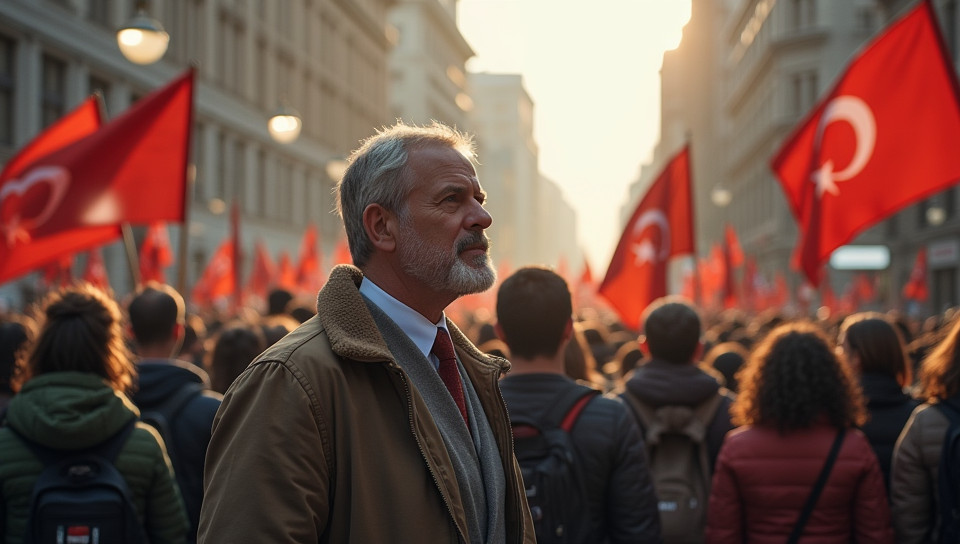Political activism can be hindered by legal restrictions 68%

The Silent Strangler of Social Change: How Legal Restrictions Can Stifle Political Activism
In the face of injustice, many individuals turn to political activism as a means of effecting change. However, beneath the surface of passionate protests and fervent advocacy lies a more insidious obstacle: legal restrictions. These constraints can quietly strangle social movements, silencing voices and stifling progress.
The Impact of Legal Restrictions on Political Activism
Legal restrictions can take many forms, from overly broad definitions of "hate speech" to laws that prohibit peaceful assembly. These restrictions can have a chilling effect on individuals and groups who wish to engage in political activism, making them hesitant to speak out or organize for fear of reprisal.
- Inhibiting free speech: Laws that restrict hate speech can be used to silence critics of the government or other powerful interests.
- Limiting assembly: Restrictions on peaceful protests can make it difficult for activists to bring attention to important issues.
- Increasing surveillance: Laws that allow for increased surveillance can create a culture of fear, where individuals are reluctant to engage in activism for fear of being monitored.
The Consequences of Restrictive Laws
The consequences of restrictive laws can be far-reaching and devastating. When legal restrictions hinder political activism, the voices of marginalized communities are often the first to be silenced. This can have serious consequences, from perpetuating systemic injustices to undermining democratic institutions.
A Threat to Democracy Itself
The erosion of civil liberties through legal restrictions is a threat not just to social movements, but to democracy itself. When individuals and groups are unable to express themselves freely or assemble peacefully, the very foundations of a healthy democracy are undermined. This can lead to a culture of apathy and disillusionment, where citizens become disengaged from the political process and vulnerable to manipulation.
Conclusion
The intersection of law and activism is complex and multifaceted. While laws can provide essential protections for marginalized communities, they can also be used as tools of oppression. As we navigate this delicate balance, it is essential that we prioritize the protection of civil liberties and the promotion of democratic values. By doing so, we can create a society where social change is fostered through open dialogue, peaceful assembly, and the free exchange of ideas.
- Created by: Sebastián Salazar
- Created at: Sept. 12, 2024, 9:24 p.m.
- ID: 9250




